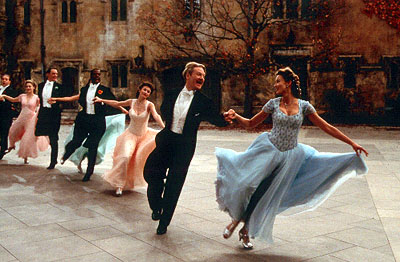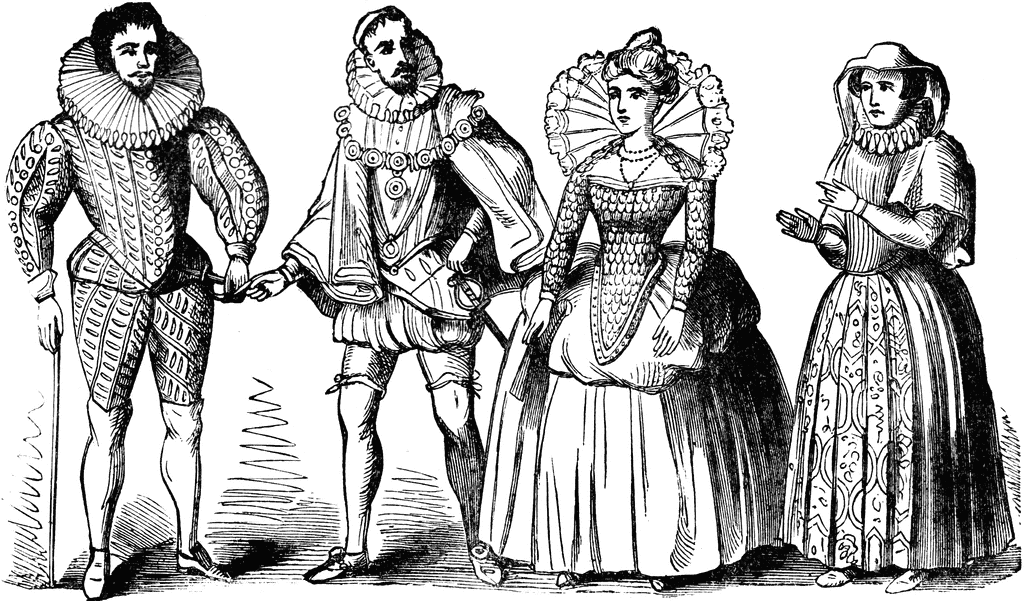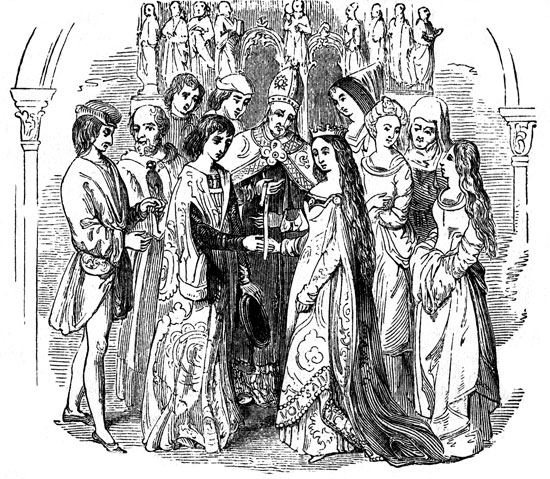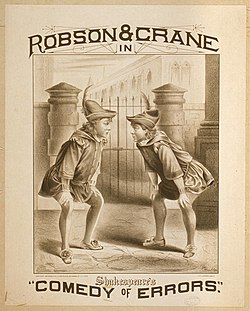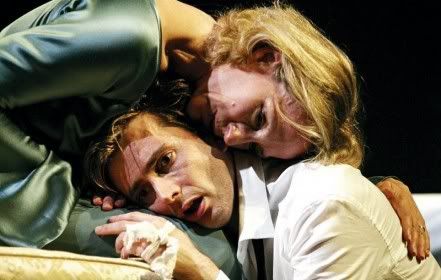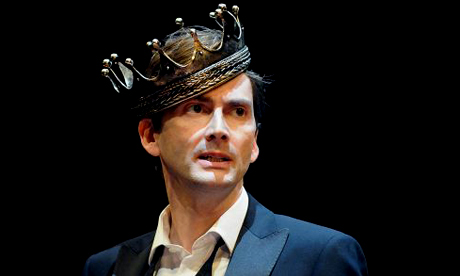I feel I have gained Shakespeare literacy through many things accomplished in this class. I’ve read a range of Shakespeare’s plays such as, sonnets, comedies, tragedies etc. I’ve also studied a single play, Othello, more in depth. For this course we were able to view two plays, Merchant of Venice and Love’s Labors Lost, and I think this has been the most helpful for me in gaining Shakespeare literacy. Watching the plays be performed, as they were meant to, rather then just reading them taught me allot about
Shakespeare’s works. Since reading theses plays I’ve noticed a lot of modern movies books, reference shakespeare. Weather quoting his writing or discussing his life Shakespeare’s legacy is found everywhere in pop culture.
During class we had the opportunity to learn about the context, language, and themes of Shakespeare’s plays. These have helped me to analyze the plays we’ve read in my blog posts. While watching a couple film adaptations of Hamlet I was able to critique the performances using these things. Through our project of mimicking Shakespearian works I have been able to apply what I’ve learned.
Blogging about shakespeare has given me the opportunity to engage in Shakespeare creatively. By comparing it to music and other works, casting the plays(such as Merchant of Venice) and making a literary map of Othello. For the final project my group has even tried performing.

